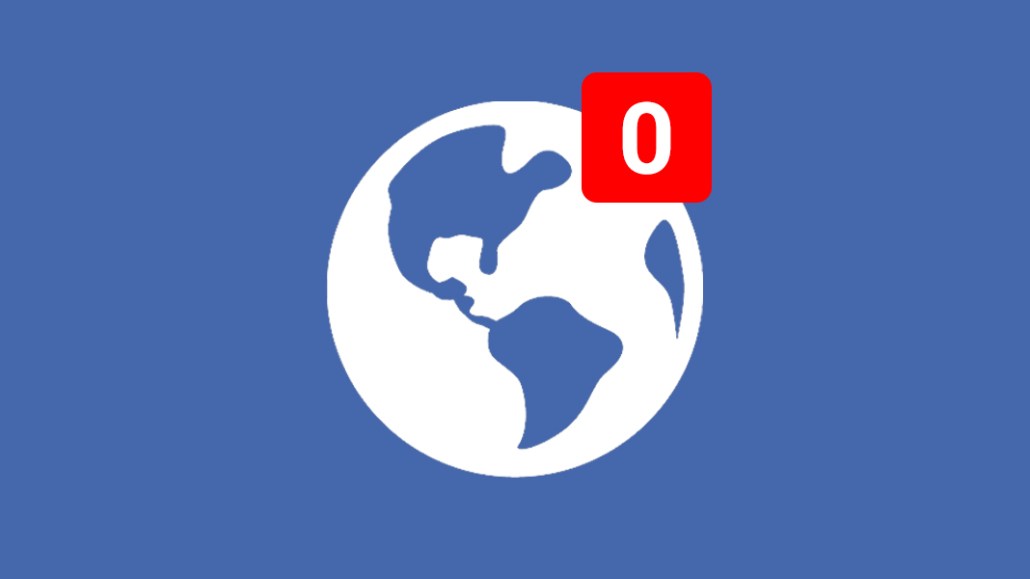Secure your place at the Digiday Publishing Summit in Vail, March 23-25
Video publishers on what happens after Facebook stops subsidizing video content

Unsurprisingly, Facebook was top of mind among video publishers at the Digiday Video Anywhere Summit. From producing shows for Facebook’s Watch, getting paid by Facebook to create live and on-demand clips on a monthly basis, to using Facebook to drive traffic back to their own sites, video publishers of all types are deep into the Facebook game.
But more than a few video publishers privately questioned whether Facebook was committed to funding content for the long term. We asked some of the top digital video publishers speaking at and attending the Digiday Video Anywhere Summit what they would do if Facebook decided to stop funding their content. Here are excerpts of their answers, lightly edited for clarity:
Eric Korsh, president of Mashable Studios, Mashable:
Facebook has a number of uses that are great — getting funded to make shows for them is just one of many. There might be fringe changes. We might do a little less “Facebook-optimized” videos. But the power of the platform to still drive traffic to our site, to engage our audience and to build a fanbase that follows us — those things all sit outside of getting paid to make a show for them. We might also pivot to investing more per video and doing less [number of videos].
YuJung Kim, president, The Dodo:
The amount of content we produce for Facebook may change, but we would continue to invest in quality content for the platform. The brand and audience growth potential alone is sufficient cause. There’s also the opportunity to monetize the same content elsewhere.
Matthew Segal, co-founder, Attn:
First of all, we’re going to continue doing business on Facebook because we sell direct to brands. Once you know how to produce shareable short- and mid-form video, there are a lot of platforms and pipes that are looking to fill space with that kind of material. So there won’t be a lot of trouble institutionally translating to produce for other platforms — it’s not going to be the end of the world for us.
Facebook is constantly reevaluating its strategy, so I don’t know where they stand in terms of whether [Facebook’s Watch] is an experiment or a long-term investment to compete with Netflix. It’s up in the air. But if this works out, they could triple their investment. They’re going to either go all-in or shut it down.
Stone Roberts, svp of global video strategy, Refinery29:
We’ve been leaning into a strong SEO and email marketing strategy as a deliberate hedge against that reality happening. We won’t pull back from making great content and putting it on Facebook, but the content we’re contractually obligated to deliver to Facebook would obviously dry up. We’re blessed to be in a position of being a video-first publisher that has a solid [owned and operated] business supporting us.
Arthur Wang, CMO, Turner’s Super Deluxe:
We would have to cobble together ways to find other revenue streams. Yes, Facebook is a big part of what we do, but we have other revenue streams. If Facebook makes the call [to stop funding content], then we’re going to determine whether we publish to Snapchat more, or YouTube more, or do our own [streaming] play. That’s just math.
More in Media

The case for and against publisher content marketplaces
The debate isn’t whether publishers want marketplaces. It’s whether the economics support them.

Urban Outfitters shifts its influencer strategy from reach to participation
Me@UO is Urban Outfitters’ new creator program leverage micro-creators with smaller, engaged communities that are passionate about the brand.

Media Briefing: Without transparency, publishers can’t tell if Google’s Preferred Sources feature benefits them
Six months in, Google’s Preferred Sources promises loyalty-driven visibility, but leaves publishers guessing at the traffic impact.








